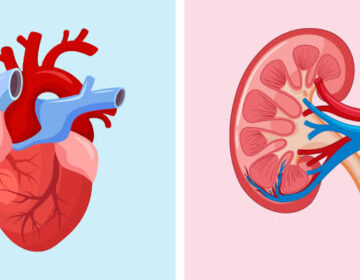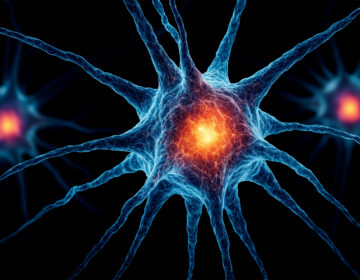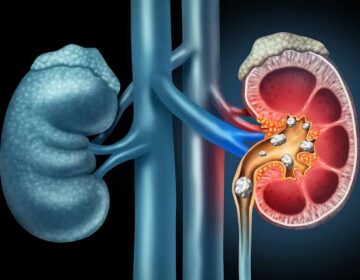Coffee can promote liver health, according to a new analysis of decades of existing data.
In addition to affirming proposed connections between coffee and a healthier liver, the new review identifies the molecular pathways through which such connections may occur.
As a result of the compounds it contains, coffee can support liver health in at least five different and significant ways.
The effects of coffee are dose-dependent, says the review, and the ability to tolerate its consumption is highly individualized.
In addition to affirming previously noted associations between coffee and liver health, the review identifies potential molecular pathways that explain these beneficial relationships.
The review is a new compilation and analysis of decades worth of epidemiological, experimental, and clinical data documenting coffee’s liver-health potential.
It has long been suggested that coffee’s robust blend of bioactive compounds have the ability to reduce the risk of liver disease. Its consumption is believed to slow liver disease’s progression to fibrosis, cirrhosis, and hepatocellular carcinoma, thanks to coffee’s robust mix of bioactive compounds.
The review does more than spotlight associations between coffee-drinking and liver health. It also endeavors to explain chemically how these compounds help maintain the liver, describing a wide range of antioxidant, anti-inflammatory, and antifibrotic effects from coffee drinking.
Coffee also appears to help balance the gut microbiome, and even help moderate epigenetic influences that can affect liver health.







